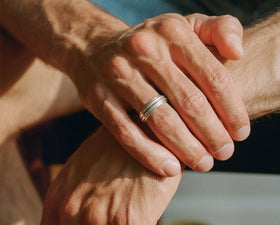Monthly Roundup: August 2024
A Palestinian olive oil collective, why bartering is better, and what community means to me.
I didn’t set out to have a theme for this month’s roundup, but as I was putting August’s recap together a very clear throughline naturally emerged: community. I know community is a word that gets thrown around to the cusp of losing its meaning, but from the very beginning it’s been one of Abel’s core values.
Nurturing relationships is one of the most important things to me, in all areas of my life. It’s why I always want to keep Abel small — so that I can have personal relationships with my customers, so I can write notes for and send out each and every order, so I can spend time with my vendors and get to know their families. These practices don’t necessarily prioritize profit but to me, they are more valuable and rewarding than any dollar amount could be.
As I continue to build a more solid financial foundation for Abel (I’m not quite consistently profitable yet), my dream is to expand our community and be able to invest further in initiatives close to my heart.
Okay, I digress — now onto the roundup:
(01) A PALESTINIAN OLIVE OIL COLLECTIVE
A couple months ago I discovered Olive Odyssey, a Palestinian collective that aims to connect and support local farmers and share their products with the world. It’s hard to believe that we are almost a year into the current conflict in Gaza, and if you’re like me at many times I’ve felt paralyzed and unsure of how to help.
When I came across Olive Odyssey, I immediately ordered a variety of their olive oils and spices (which make great housewarming gifts, FYI) and reached out to Aya Faour, one of the founders. It was humbling to speak with a fellow female small business owner, especially one who must navigate the day-to-day challenges of the war on top of trying to grow her project.
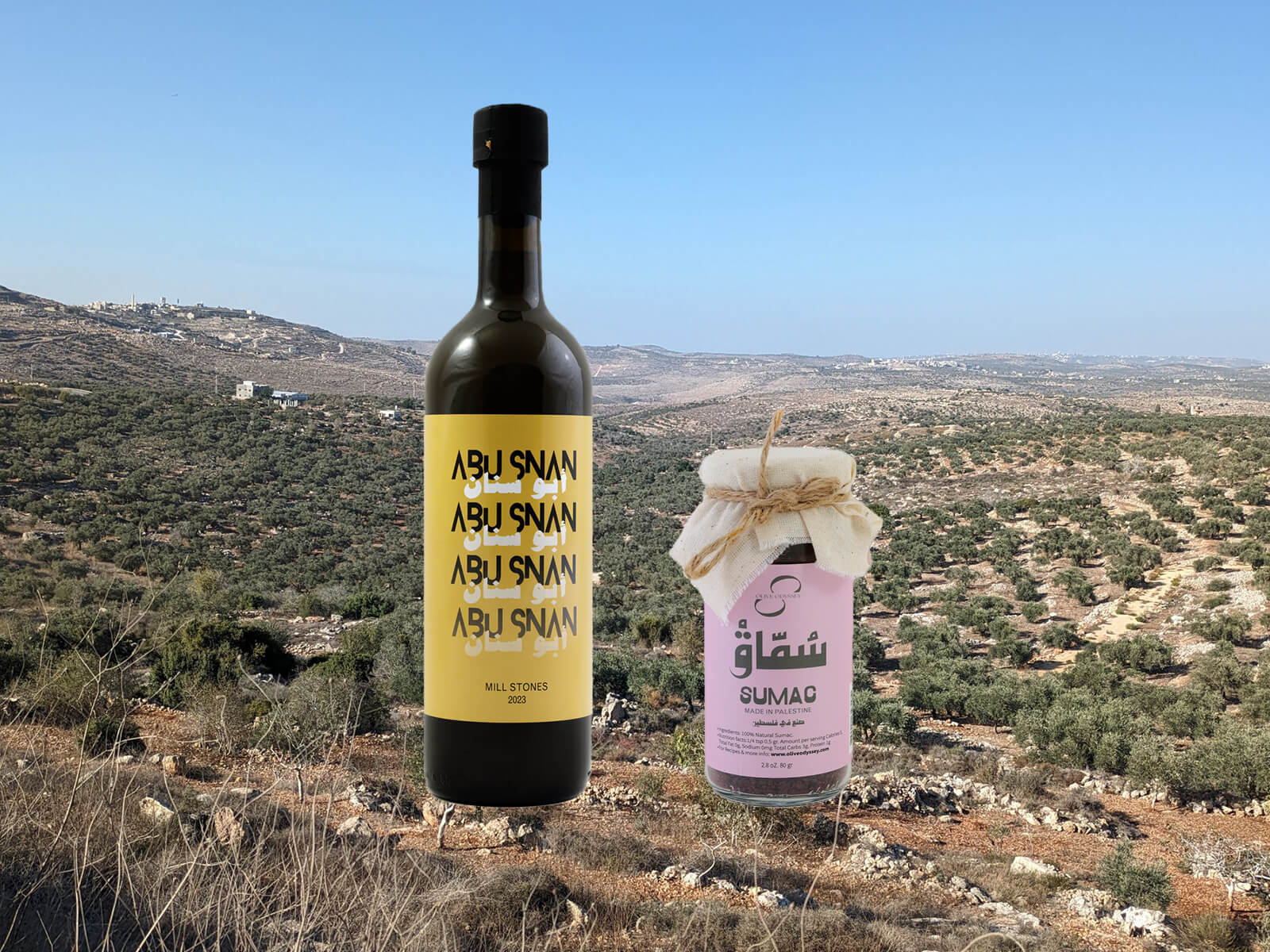
Aya’s background is in food and restaurants; she owned the only Palestinian vegan restaurant in Tel Aviv before shutting it down after COVID. Two years ago she and her partner, who is also her life partner, started Olive Odyssey, working with small farmers to produce small runs of olive oil. Each farm produces no more than 2,000 bottles, and the farmer is noted on each bottle’s label by name.
The ongoing genocide has impacted every aspect of their lives and business. Aya’s grandfather is from Gaza, and many members of their family have been killed or are missing. The harvest season for olive oil is in mid-October, so many farmers last year were not able (i.e. allowed) to harvest their olives. This has a lasting and compounding impact on olive trees — unharvested trees bear less fruit in following years. Timing is also crucial — olives must be pressed within six hours of picking to maintain freshness. Due to all of the restrictions placed on Palestinians, Aya and her team have had to go to great lengths to safely secure the olives and olive oils from their farmers.
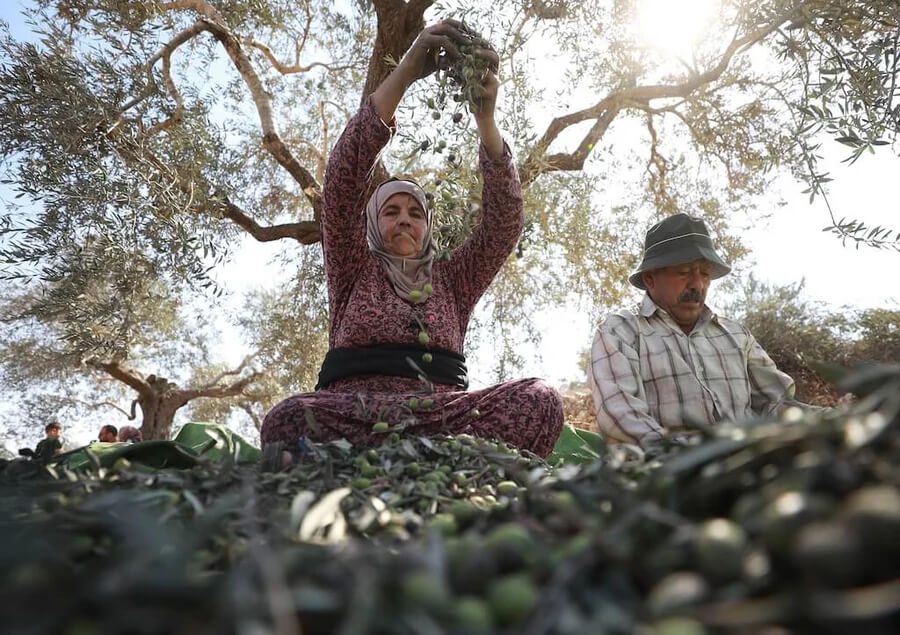
When I asked Aya about specific actions we can take to help the people of Palestine, she noted that protesting and boycotting can be effective when done correctly. Above all, she expressed the importance of learning about the history of Palestine — truly understanding the situation, educating others on these issues, and building communities.
In our conversation, Aya mentioned one such community that is working to build urban gardens in Gaza, preserving and smuggling seeds so that people can grow fresh fruits and vegetables. Investing in sustainable infrastructure that allows people to grow their own food feels more meaningful and impactful than donating one meal or relying on big companies or governments.
At the time we spoke, Aya’s friends were still working to set up a way for people to donate to their initiative, and I asked her to keep in touch and send along the info when she had it. Coincidentally, it popped up in my very own community completely on its own — which brings me to...
(02) THAMRA + AERTHSHIP
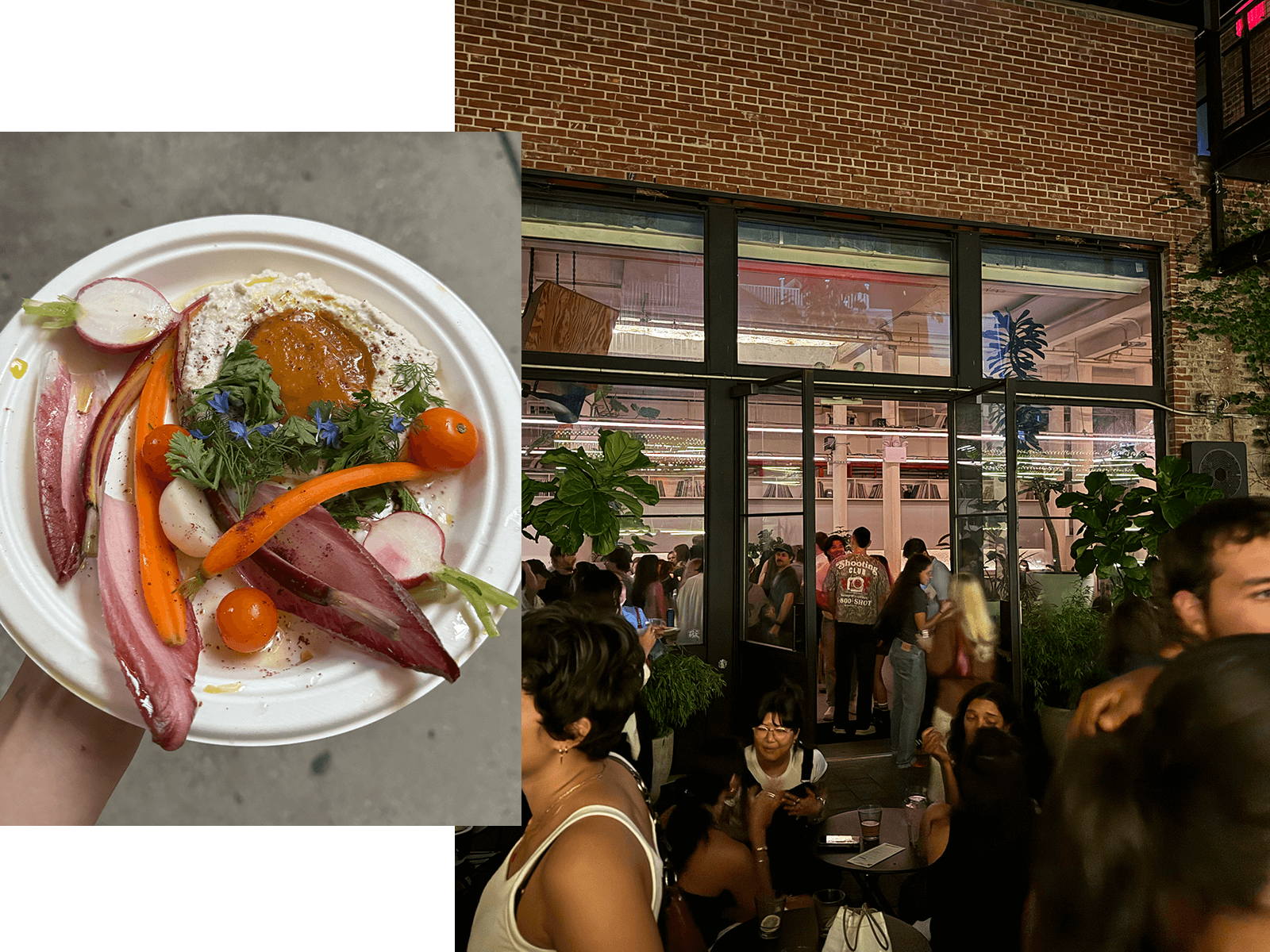
I attended an event hosted by Aerthship at Public Records last week; they were raising funds for a man named Yousef Abu Rabea — as it turns out, Yousef is the man building urban gardens that Aya had been telling me about on our call! I found out about the fundraiser through friends of Aerthship, which is a creative collective working to bridge the gap between culture and ecology.
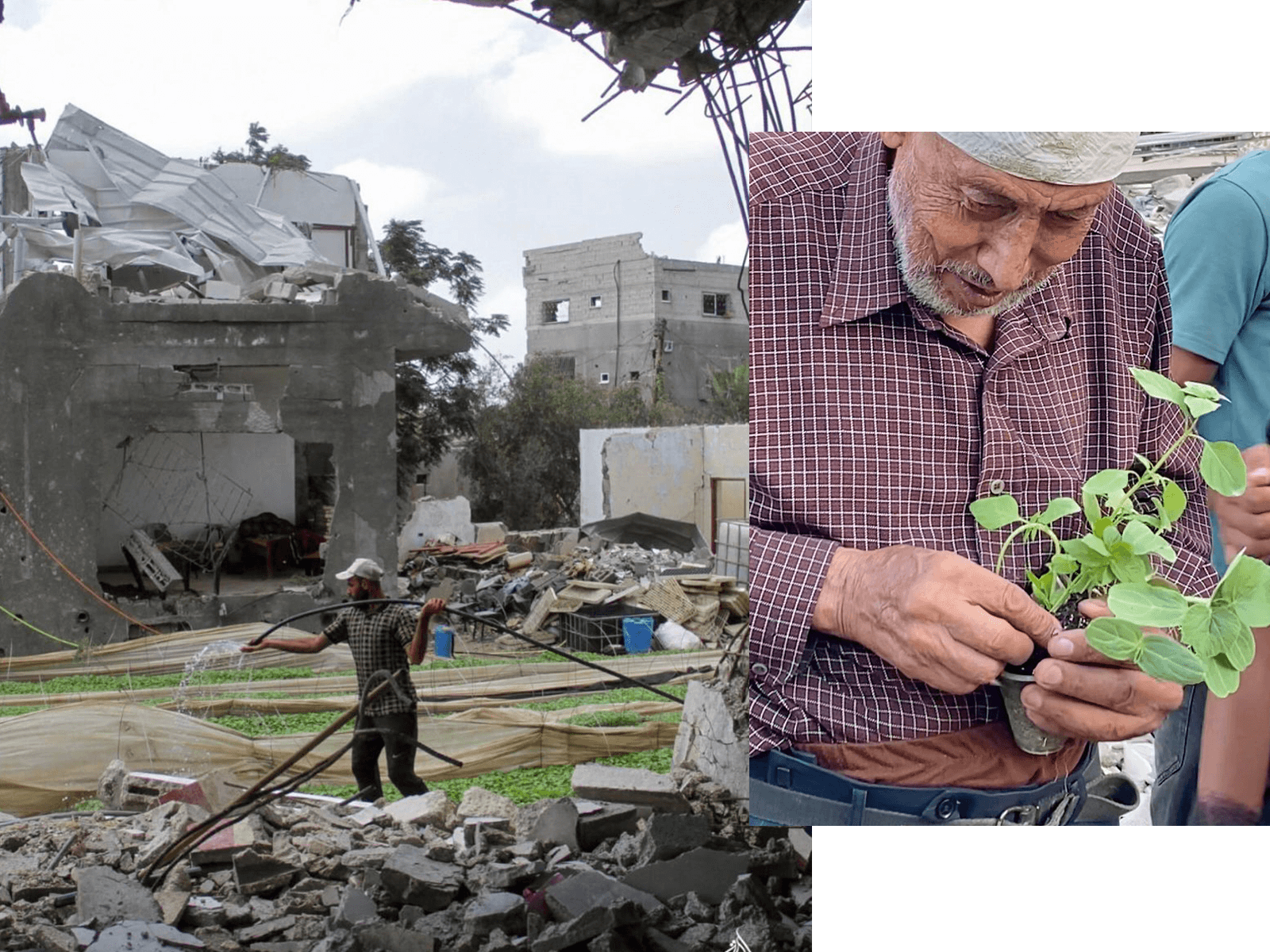
The event, which featured DJ sets and food created by Pierce Abernathy, donated all of its proceeds to Yousef’s organization, Thamra. At the risk of sounding corny, I couldn’t help but feel immensely inspired — perhaps even a bit hopeful — witnessing all of these overlapping communities, including my own, come together.
While the event was only one night, you can still donate to Yousef’s organization here. And, of course, continue (or start — it’s never too late) to take whatever personal actions you can.
(03) BARTER SYSTEMS
Speaking of community, one of the ones I cherish most is with my fellow studio mates. My studio is in a building full of other creatives and business owners, and the camaraderie and support we provide each other is truly invaluable. They inspire me daily, and I honestly don’t know what I’d do without them — they keep me sane in a career path that has no built-in colleagues!
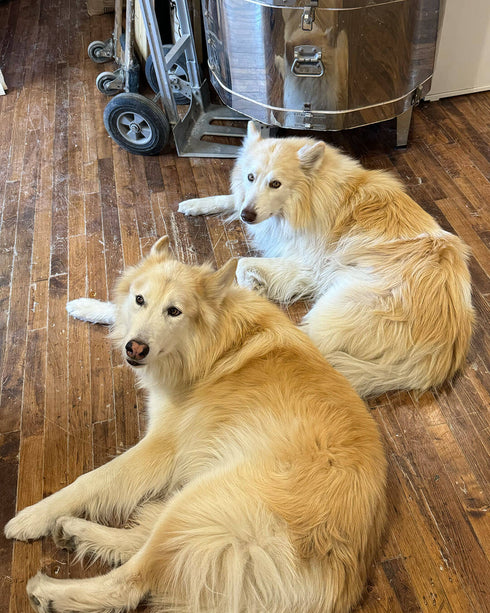
One such de facto colleague moved out earlier this year, but we still keep in touch and cheer each other on from afar. Sean has a 3D-printed lighting company called Wooj and he recently came by to catch up and try on some jewelry. I’ve been eyeing Wooj’s Allium Lamp ever since it launched, so when Sean decided he wanted to purchase an Epps Chain I asked if he’d be open to doing a trade. He agreed, and I am now the proud owner of a second Wooj lamp :)
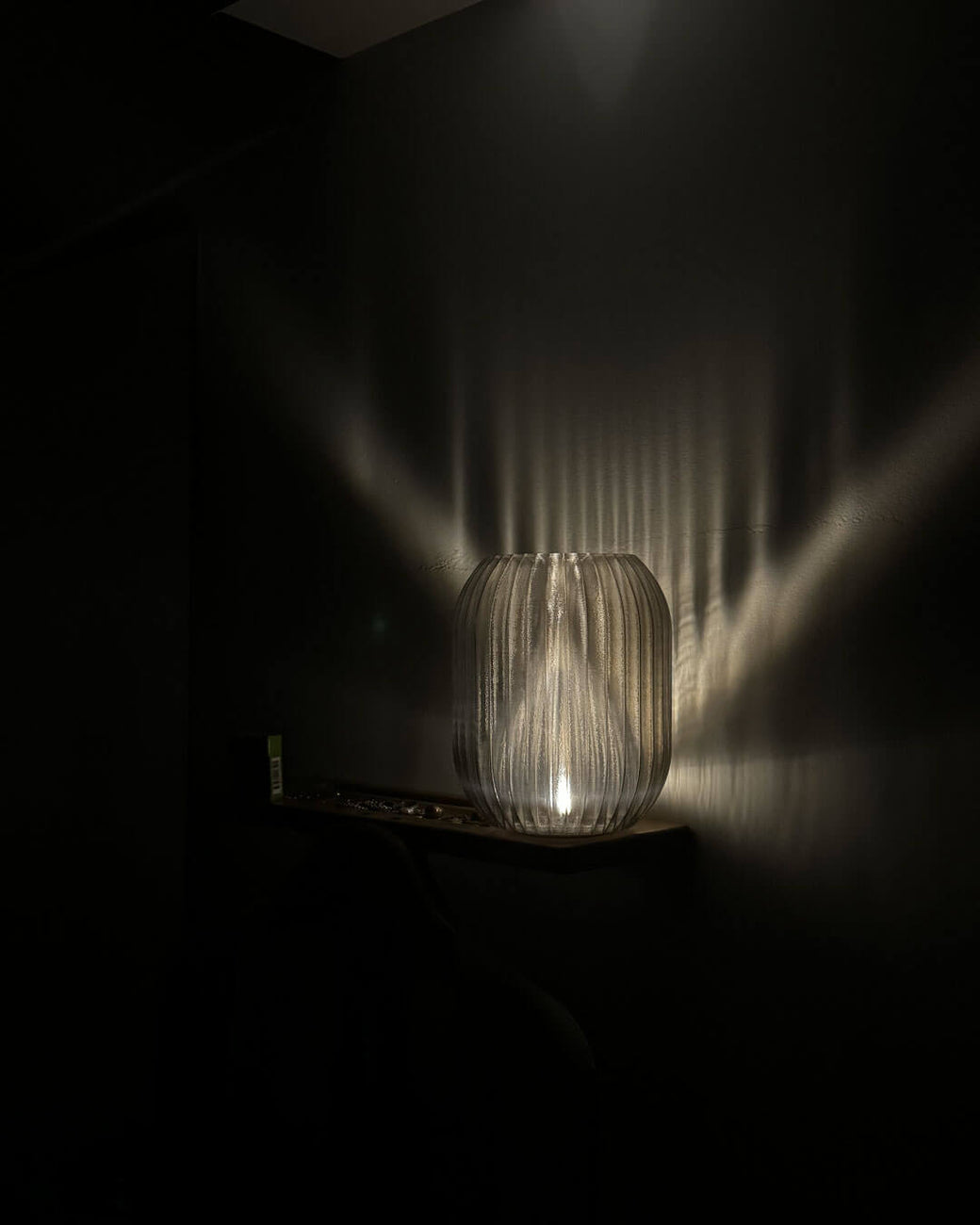
This might seem like an odd anecdote to include in this roundup, but to me, bartering represents something much deeper than the simple exchange of goods. In Ruben Pater’s CAPS LOCK, one of the most personally and professionally formative books I've read, Pater describes barter networks as an act of rebellion against capitalism, a way of creating “small alternative economies that strengthen social bonds.”
In a capitalist society that prioritizes profits above all else, I find that trading with people is a meaningful and rewarding way to support one another. As another example, a couple of years ago I did some design work for an acquaintance who, in exchange for my services, taught me how to blow glass (you can check out her line of glass here!). Over the course of my glass lessons we became extremely close, and I now consider her one of my most cherished friends. While she could have just paid me money in exchange for my services, the friendship that came out of our trade is — brace for more corniness — priceless.
(04) CIRCLE OF FRIENDS
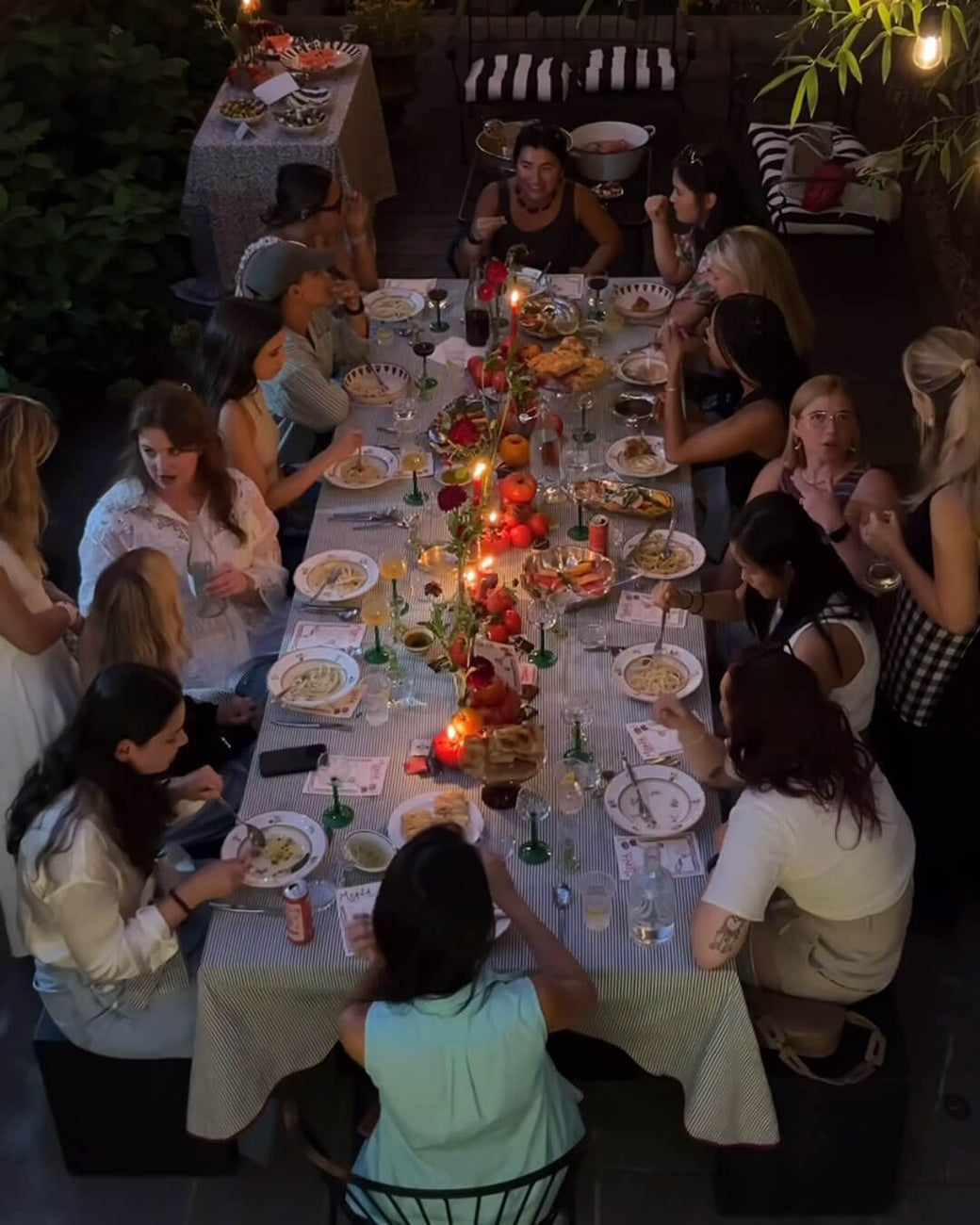
Another person building community (who coincidentally lives IN my neighborhood community) is Hilliary Salamanca; we met earlier this year through my pop-up at HYER GOODS. Hilliary is an events and experiential marketer who focuses on sustainability. One of her projects is Circle of Friends, which hosts conversations and events centered on the topic of circularity. Hilliary invited me over this past month to chat on her stoop (and hang with her pups!); you can watch the conversation here.
(05) ICYMI: NICHOLAS BAILEY FOR HEIRLOOM
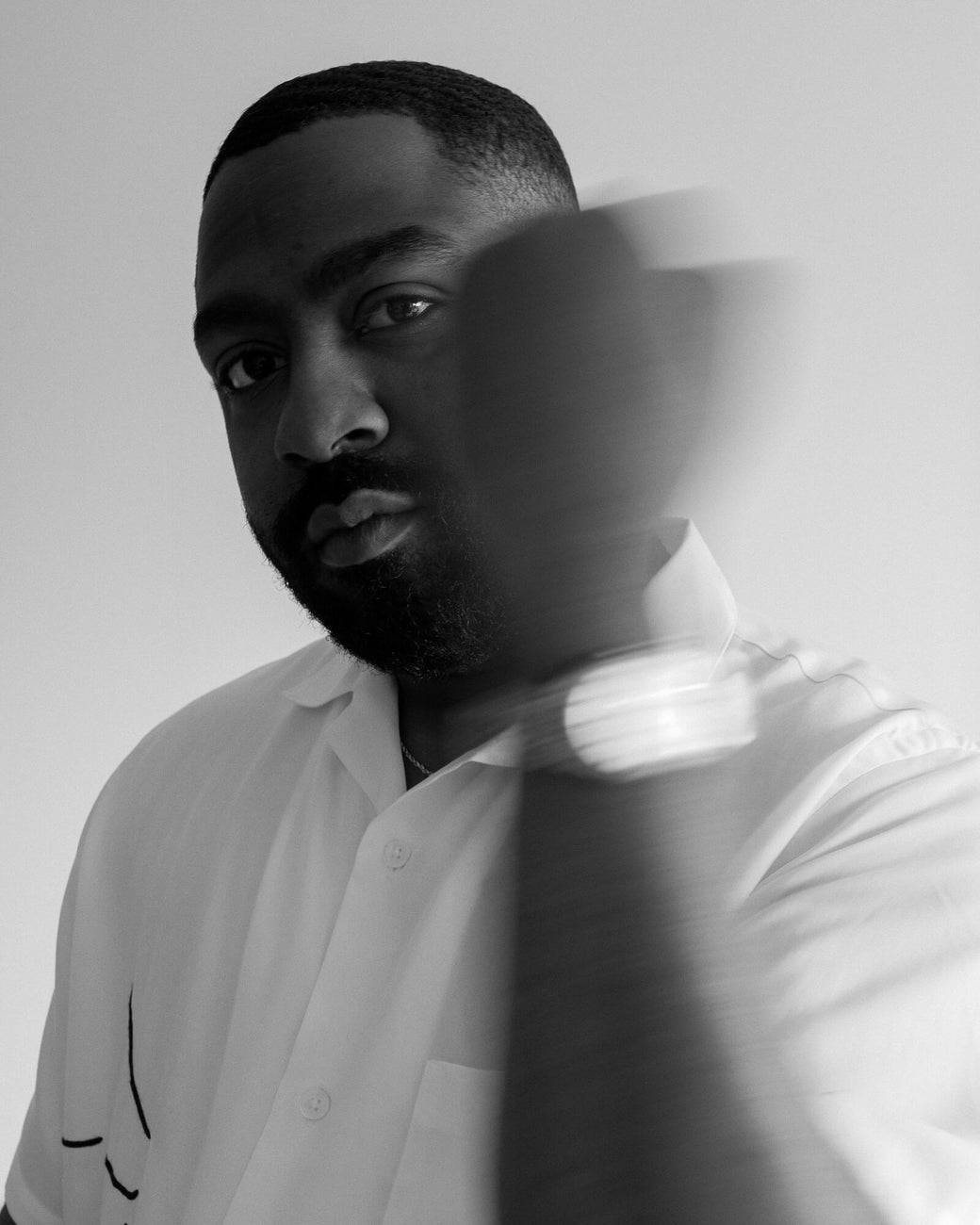
Lastly — in case you missed it, our latest Heirloom feature highlights Nicholas Bailey and his vintage Seiko watch. Nick and I originally met because he was a part of my former start-up’s community of content collaborators. I’ve been a fan of his ever since, and was thrilled when he agreed to contribute to the series! You can read the full feature here.
—
Thanks as always for reading (I’ll be especially impressed if you’ve made it all the way down here this month!). If you have any thoughts, comments, or feedback, do reach out — I’m always keen to hear from y'all.
